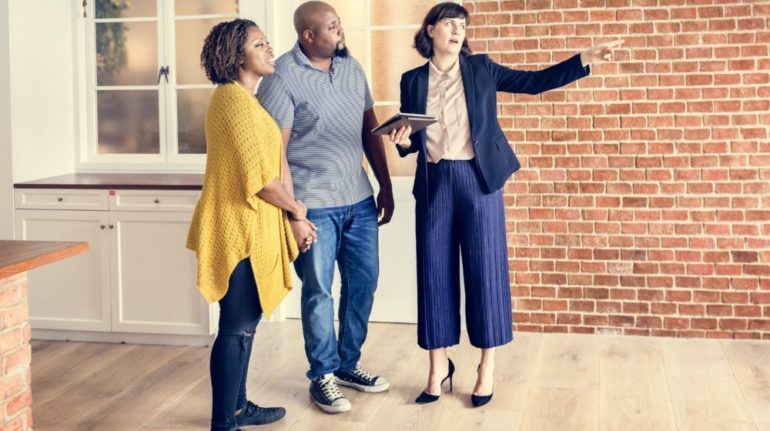If you’re in the market for a new home, should you buy a house before selling your current home? That’s a tough call. Here are some important considerations to help you come up with the answer that’s right for you.
Market conditions are very important
An important question to answer as you begin considering whether to buy a house before selling your old one is whether you are in a hot sellers’ market or a cold buyers’ market.
When homes are selling fast in a hot market, it may be wise to jump on a house you want before someone else gets it, even if you haven’t yet sold your existing place or even put it on the market. A hot market justifies more confidence that you can easily sell your current house. Likewise, it means you should get your current house listed before prices soften.
In a soft market, the considerations are different. You can have more confidence that that dream home you’ve found won’t sell before you can get an offer on your current one. The flip side of the soft market is that it will take longer to sell your current home, making it wise to think carefully about buying a new place before you’ve sold your existing home.
Pros and cons of buying first
One benefit of buying a house before selling is that you avoid the heartbreak of losing that special new place you love while waiting for your house to sell. If you decide to buy a house before you sell, you can take the time you need to find just what you’re looking for in your next home. Once you find it, you can move in at your own pace rather than rushing to get out of your existing house by the closing date of its sale.
Buying a house before selling your old one also means you won’t have to look for and move into rental housing, as you might if you sell before you’ve found the right place to buy. When you put your previous home on the market, you can leave it empty, which makes it easier for some would-be buyers to visualize themselves living there. Or you can stage the place with rental furniture.
But buying a house before selling comes with drawbacks, particularly when it comes to your finances. First, when you buy before selling, you may be unable to use the equity you’ve accrued in your previous home to make the down payment on your new one. You may be able to avoid this problem by obtaining a home equity line of credit or a bridge loan for the value of your equity. But these loans have higher interest rates and are considered to be risky.
An additional problem with buying a house before selling is that your existing mortgage will be considered as part of your debt-to-income ratio when you apply for a mortgage. Unless you have a pending contract for the sale of your current home, this may mean you can’t qualify for a mortgage on the new property.
Assuming you can obtain a mortgage for the new home, buying before selling will leave you with two mortgages to pay until your previous home sells, which could force you to accept a lower-than-desirable offer on it to ease financial pressure. If it’s a buyer’s market, perhaps you can rent out your previous home to cover its mortgage, a solution that also allows you to continue building equity in that home as you wait to sell it.
You can avoid some of these issues by including a clause in your new offer that makes your purchase contingent on selling your previous home before closing. Keep in mind, however, that contingency offers are always weaker in the eyes of a seller who can get another offer with no contingency.
Pros and cons of selling first
Selling before buying is definitely less financially risky. The equity from your previous house will be readily available to make your down payment on the new one, and you’ll pay only one mortgage at a time. Additionally, you won’t be put in a situation where you’re under financial pressure to sell your current home for less than you’d like.
What you avoid in financial risk, however, may be replaced by hassle. If you’re unable to purchase a new house before the closing date on your old one, you may have to rent a place temporarily. Two moves in a relatively short time are expensive and exhausting, and so is moving furniture into storage until you buy a new home. Meanwhile, home prices and interest rates potentially could rise while you’re renting, making your next purchase more expensive.
A potential workaround to avoid these issues is to sell your existing home but then rent it back from its new owners for a few months. Check with your buyers to see if they’re open to this idea.
Related – How to Be a Good Buyer


